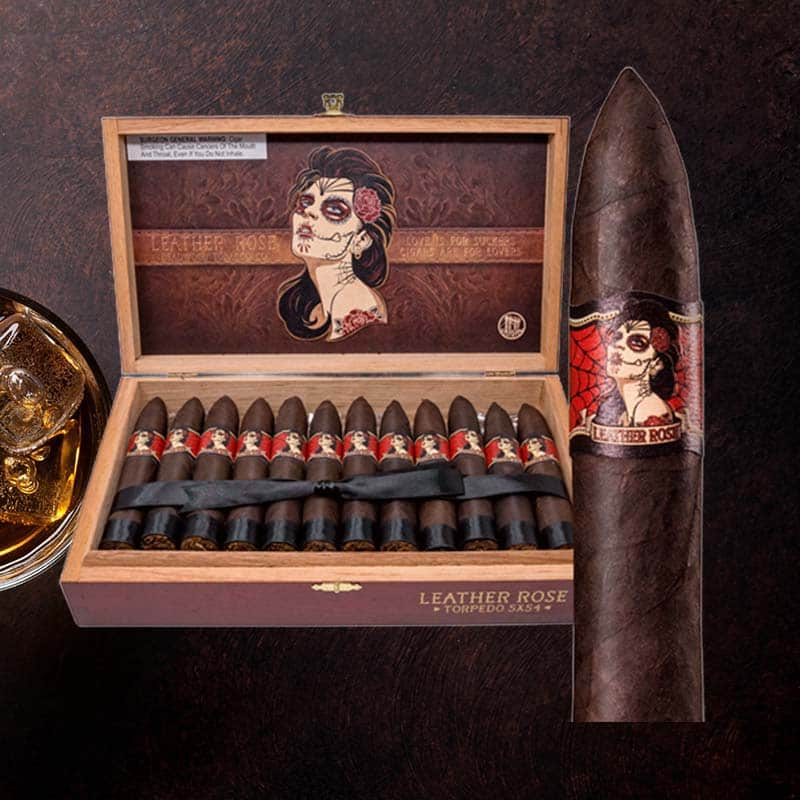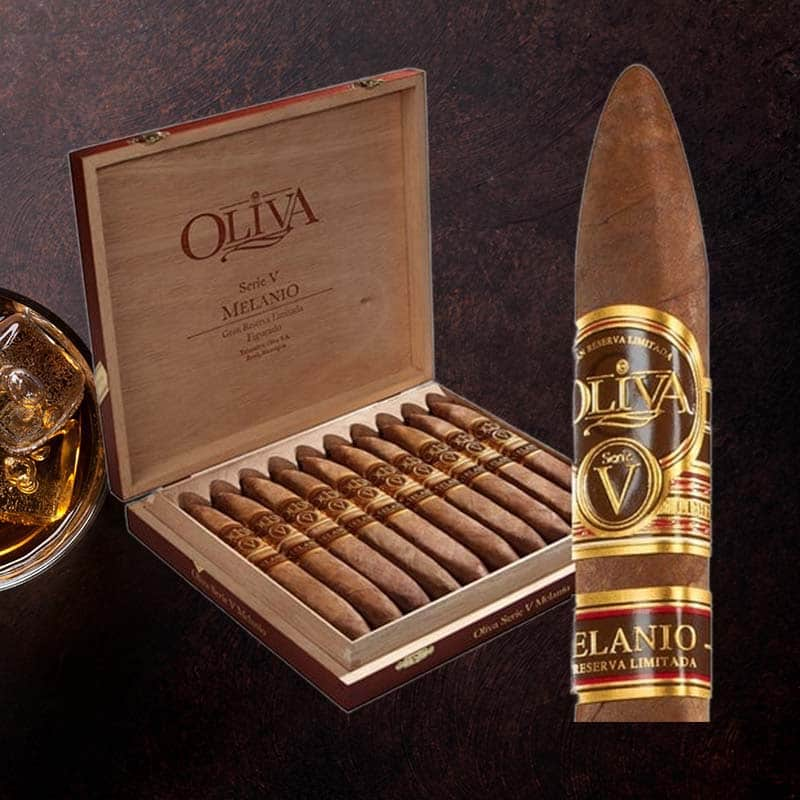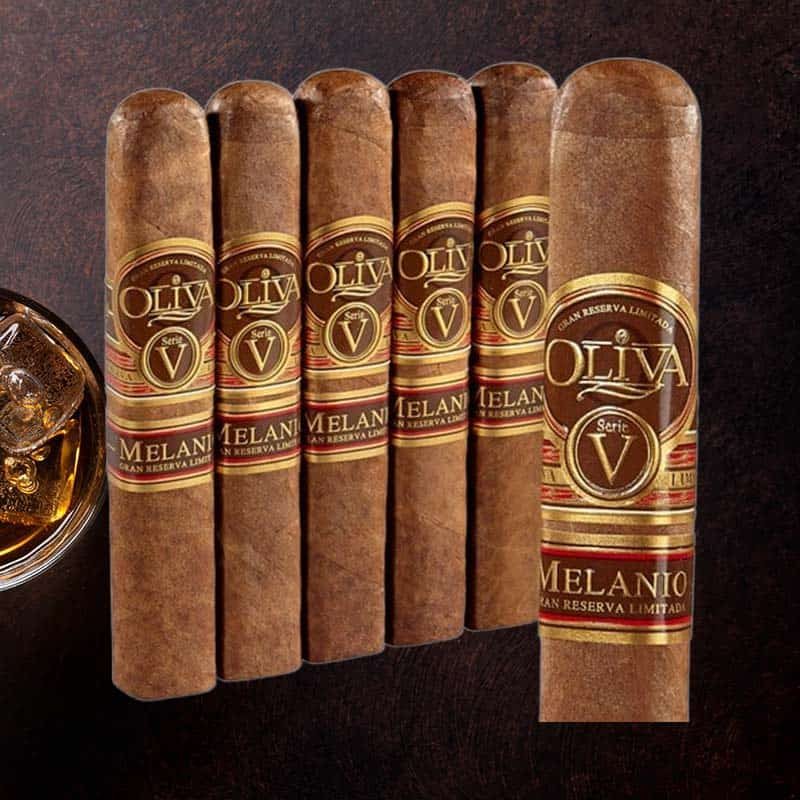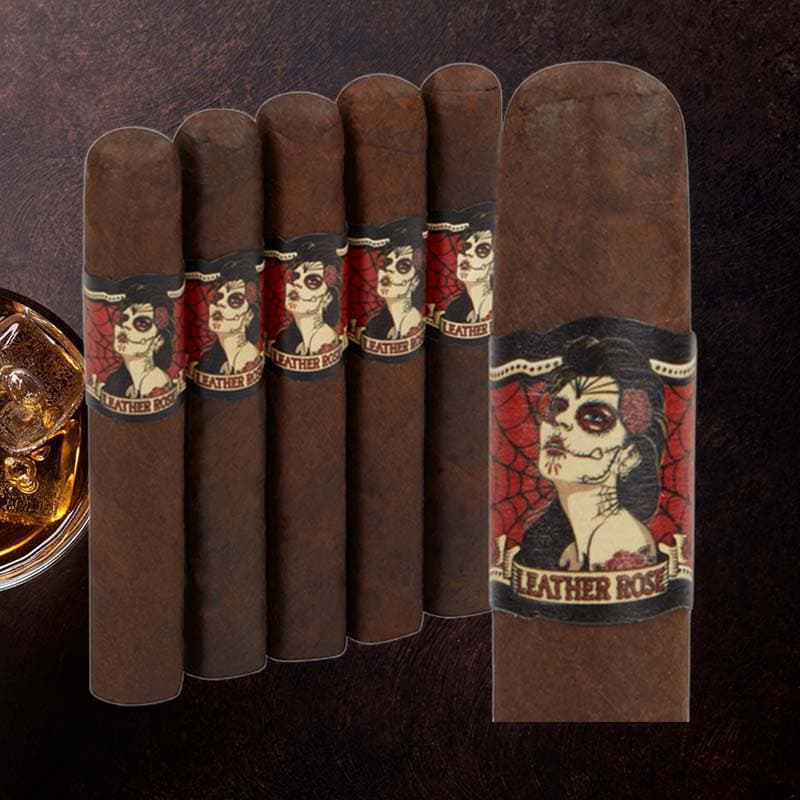What fuel do torch lighters take
As a cigar enthusiast, I often find myself pondering the intricate details that can elevate the experience of a fine smoke. One aspect that tends to get overlooked is the kind of fuel we use in our torch lighters. The right fuel can make or break your lighting experience, affecting not just the flame, but also the flavor of the cigar itself. Join me as I dive deep into the fascinating world of torch lighter fuels, and why it’s crucial to choose the right one.
Understanding Torch Lighter Fuel Types
The world of torch lighter fuels is rich and varied. While it may seem straightforward, understanding the different types can be a game changer for your lighter’s performance. So, let’s explore what distinguishes these fuels and why they matter.
Types of Fuel for Torch Lighters
Butane Fuel
Butane is the most commonly used fuel in torch lighters. It’s known for producing a clean, blue flame with minimal odor, making it an excellent choice for lighting cigars. What I love about butane is its consistency; it ignites easily and burns steadily, enhancing the overall smoking experience.
Lighter Fluid
While typically associated with regular disposable lighters, lighter fluid can also be used in some specialized torch lighters. However, I recommend caution; the flame tends to be more unpredictable, and there’s often a stronger odor. Thus, I reserve this option for casual outings or when no butane is available.
Alternative Fuels
There are several alternative fuels available, like propane or alternative eco-friendly fuels. These can provide different ignition properties and may appeal to environmentally conscious users. While I haven’t personally experimented with them, I hear that eco-friendly fuels often burn cleaner than traditional fuels, which is something to consider for our planet’s sake.
Choosing the Right Fuel for Your Torch Lighter
Compatibility with Lighter Brand
Not all torch lighters are created equal. I’ve learned that different brands often recommend specific fuels for compatibility. Therefore, it’s essential to read the manufacturer’s guidelines to ensure efficiency and safety.
Quality of Fuel
I’ve often opted for premium butane brands, which often undergo stricter filtration processes, ensuring fewer impurities enter my lighter. Poor-quality fuel can clog jets and lead to inconsistent flame performance, something I aim to avoid when cherishing my cigars.
Performance Factors
Performance-wise, I’ve noticed that the type of fuel has a direct impact on both ignition temperature and flame stability. For example, butane generally performs well in various weather conditions compared to lighter fluid. So, if I’m heading outdoors for a smoke, I definitely prefer butane to ensure a reliable light.
How to Refill a Torch Lighter
Essential Tools for Refilling
Refilling doesn’t have to be a hassle. For me, all I need is a can of butane fuel and a small, flat-head screwdriver for adjusting the flame intensity. This simplicity makes the ritual of refilling oddly satisfying.
Step-by-Step Refilling Process
- Start by ensuring your lighter is completely empty.
- Invert the lighter and insert the nozzle of the butane canister.
- Press down firmly for 5-10 seconds to refill.
- Let it sit for a minute before using to avoid flaring.
Safety Tips for Refilling
Safety is paramount for me during this process. I always refill in a well-ventilated area and keep the lighter away from flames or sources of ignition. Trust me; a little caution goes a long way.
Troubleshooting Common Fuel Issues
Why Your Torch Lighter Isn’t Igniting
When my torch lighter refuses to ignite, the first thing I check is the fuel level. If it’s full, I inspect the nozzle for possible clogs or debris. Occasionally, it’s just a matter of using a little more pressure to get it going.
Identifying Fuel Leaks
I’ve experienced fuel leaks before, which can be identified by a hissing sound or odor of butane. To avoid dangerous situations, I instantly stop using the lighter and check all seals and components.
Performance Problems Related to Fuel
If I notice a fluctuating flame or an odorous smoke, I suspect that my fuel isn’t up to par. Switching to a higher-quality butane usually solves the issue.
Storing Fuel for Your Torch Lighter
Best Practices for Fuel Storage
I store my butane canister in a cool, dark place away from direct sunlight; this keeps the fuel stable and reduces the risk of leaks. Proper storage is vital for longevity.
How to Extend Shelf Life of Torch Lighter Fuel
To extend the shelf life, I keep my fuel canisters tightly capped and avoid extreme temperature fluctuations. This practice helps maintain fuel integrity, which I appreciate in the long run.
Environmental Considerations When Using Torch Lighters
Eco-Friendly Fuel Options
Recently, I’ve explored eco-friendly fuels that promise to burn cleaner than traditional fuels. While the options are still limited, I find it rewarding to support environmentally conscious choices whenever I can.
Disposing of Fuel Responsibly
When it’s time to discard fuel canisters, I always follow local regulations to dispose of them properly. This simple step contributes to a healthier planet and reduces unnecessary waste.
Comparing Torch Lighters with Other Lighters
Torch Lighters vs. Regular Lighters
Personally, I prefer torch lighters over regular ones because of their powerful flame and versatility. They easily handle windier conditions, making them ideal for outdoor events where the elements are unpredictable.
Benefits of Using Torch Lighters
The main benefit I enjoy from torch lighters is their precision. The flames are easily adjustable, and can quickly light thicker cigars without ruining them, which is a significant plus for me.
Frequently Asked Questions About Torch Lighter Fuel
What Happens If You Use the Wrong Fuel?
Using the wrong fuel can lead to poor performance or even damage to the lighter. I always check compatibility to avoid headaches and a potentially dangerous situation!
How Often Should You Refuel a Torch Lighter?
I generally refuel my torch lighter whenever it runs low. Keeping a spare canister on hand ensures I’m never caught without a light.
Can You Use Other Fuel Types in Torch Lighters?
While I’ve heard of people using alternative fuels, I highly advise sticking to butane for consistency and performance. It’s simply the best choice in my experience.
Conclusion: The Importance of Choosing the Right Fuel
Recap of Key Points
Ultimately, the right fuel for your torch lighter is essential for optimal performance, safety, and enjoyment. Butane remains my top choice, and I suggest sticking to it wherever possible.
Final Tips for Torch Lighter Maintenance
To maintain the longevity of your torch lighter, always use high-quality fuel, refill responsibly, and store it properly. Trust me; these small steps make a big difference in enjoying every smoke!
What kind of gas is in torch lighters?
Most torch lighters operate using butane, which provides a clean and powerful flame suitable for various lighting needs.
What do you refill torch lighters with?
Torch lighters are primarily refilled with butane gas. It’s crucial to use a high-quality product for the best performance.
What kind of lighter fluid for torch lighter?
While butane is the preferred choice for torch lighters, some can use lighter fluid; however, it’s not recommended due to performance variability.
Do torches use butane or lighter fluid?
Torch lighters predominantly use butane for its efficiency; lighter fluid is less common and should be used with caution.














